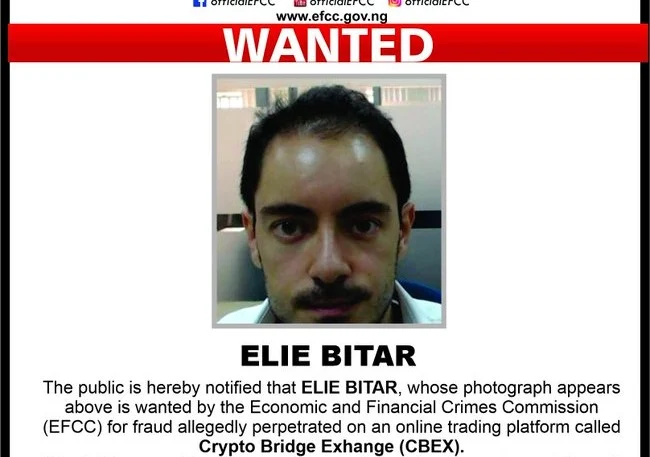The Economic and Financial Crimes Commission (EFCC) and Federal Bureau of Investigation have arrested two Nigerians over cyber fraud.
Jamaica’s Major Organised Crime and Anti-Corruption Agency was also involved in the investigation and operation that led to the arrest of the suspect.
The suspects were arrested in Lagos State for allegedly duping the Jamaican government of one million dollars.
They were arrested at their Lekki residence following an investigation into the involvement of an international cyber group traced to Nigeria in the cyber fraud.
According to Loop News, the three agencies subsequently coordinated an arrest warrant secured through international collaboration.
MOCA’s director of communications major Basil Jarrett said the agency had in 2023 received a complaint from the National Water Commission over an attempt to defraud them of over one million dollars through a business email compromise which had illegally routed the funds to the criminals.
Meanwhile, MOCA immediately launched an international investigation into the matter alongside US federal law enforcement partners which ultimately resulted in the stolen funds being seized while the majority of it was returned and also led to the location of the two perpetrators in Nigeria.
“MOCA, in collaboration with its US federal law enforcement partners, launched an intensive, international cyber investigation into the attack, resulting in the monies being frozen and ultimately, the majority of it being returned,” Mr Jarret said in a statement released by MOCA.
“This outcome not only highlights the resilience and preparedness of our cybersecurity defences but also underscores the critical importance of international cooperation in addressing cyber threats,” he added while also commending NWC quick steps following the incident.
Meanwhile, MOCA noted that investigation into the cybersecurity attack was still ongoing as the agency suspected that other individuals might be involved in the sophisticated cyber fraud scheme

.jpg)









